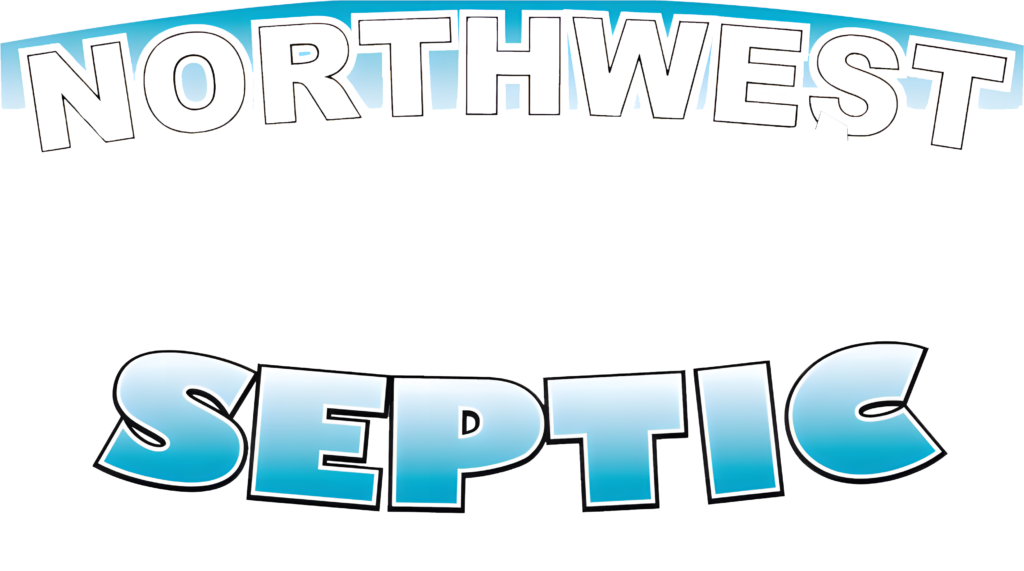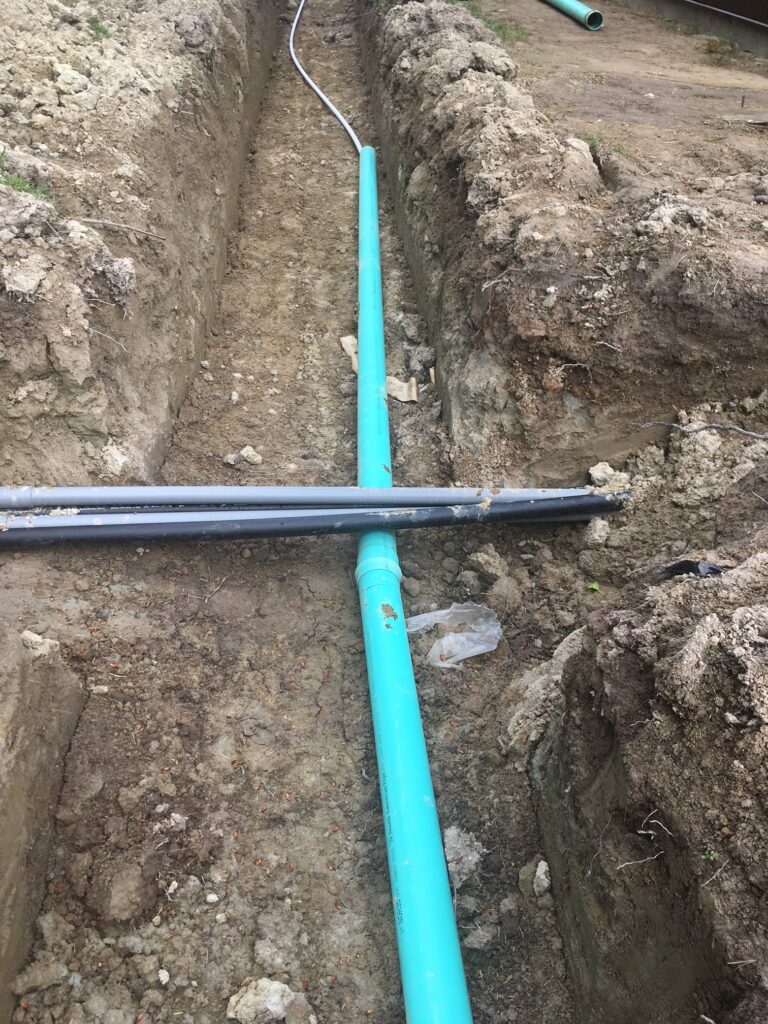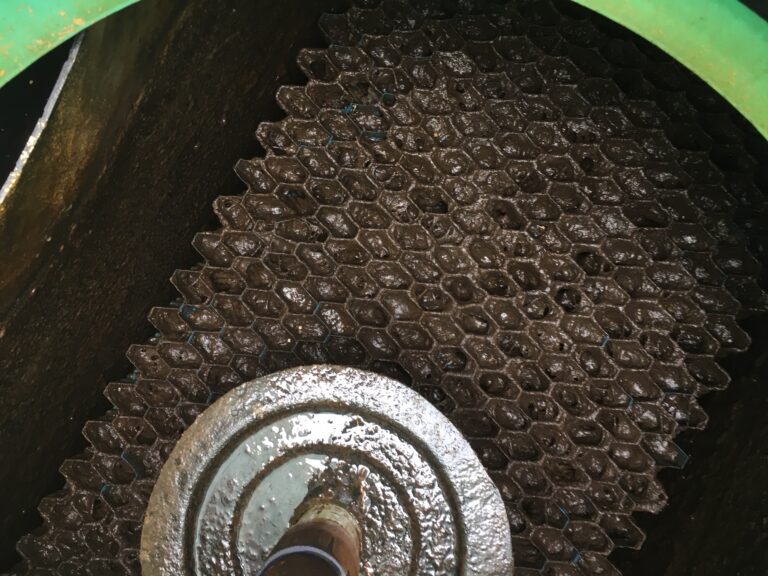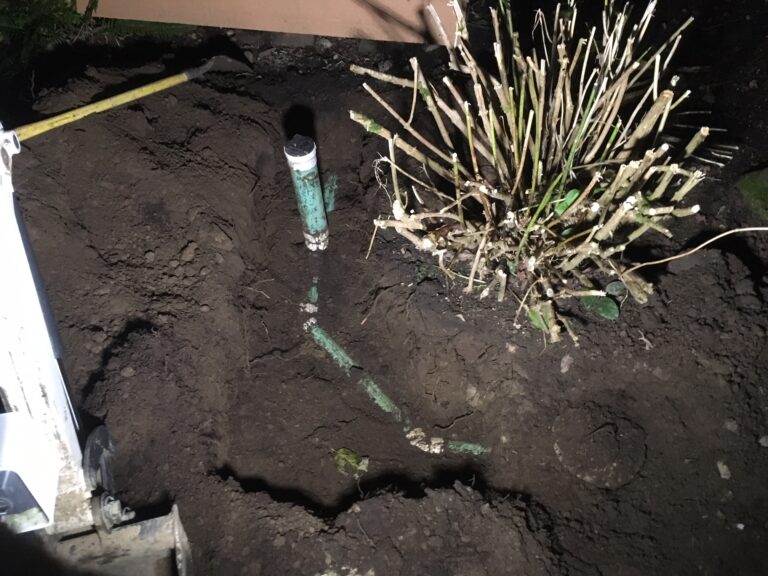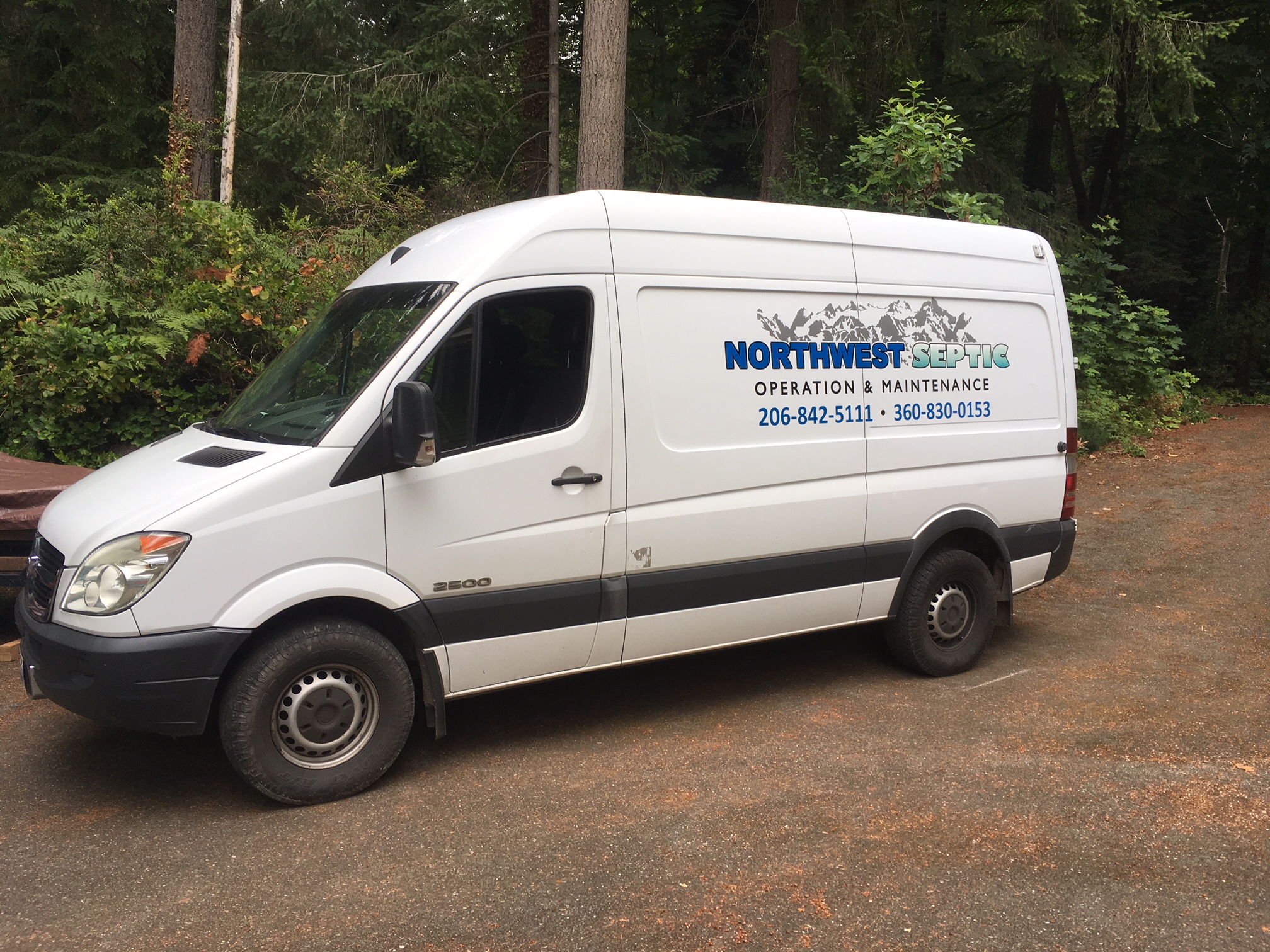Septic Systems 101: What Every Homeowner Needs to Know
If you’re a homeowner, and you are not connected to a city sewer system, chances are you have a septic system. Septic systems are the most common form of waste management for homes that are not connected to a public sewer system. While they may seem complicated, understanding the basics of septic systems is crucial for any homeowner. If you want to know and understand your septic system a little, we have provided you with a “Septic Systems 101” guide, covering the basics about your septic system and how to keep it running smoothly.
Understanding the Basics of Your Septic System
When it comes to understanding your septic system, it’s important to know the basics. Your septic system consists of a septic tank and a drain field. Wastewater from your home flows into the septic tank, where solids sink to the bottom and liquids rise to the top. Bacteria break down the solids, and the liquid flows into the drain field, where it is naturally filtered and returned to the ground.
To keep your septic system running smoothly, it’s important to follow a few key maintenance practices. Regularly inspecting your septic tank for any signs of damage or leaks is crucial. Additionally, be mindful of what you flush down your drains. Avoid pouring harsh chemicals or grease, as they can disrupt the bacteria balance in your septic tank.
In the unfortunate event that you encounter a septic system issue, don’t panic. Common issues, such as clogs or backups, can usually be resolved with the help of a reputable septic company like NW Septic O&M. We have the expertise and experience to diagnose and fix any septic system problem.
By understanding the basics of your septic system and following key maintenance practices, you can ensure its longevity and prevent any costly repairs.
Key Maintenance Practices for Healthy Septic Systems
To keep your septic system in top shape, there are a few key maintenance practices you should follow. First and foremost, regular inspection of your septic tank is crucial. This involves checking for any signs of damage, leaks, or excessive buildup of solids. NW Septic O&M can help with this task with regular inspections.
Additionally, be mindful of what you flush down your drains. Avoid pouring harsh chemicals or grease, as they can disrupt the delicate balance of bacteria in your septic tank. Instead, use septic-safe cleaning products and dispose of cooking oil and grease properly.
Another important maintenance practice is conserving water. Excessive water usage can overwhelm your septic system and lead to problems. Be mindful of your water usage habits and consider investing in water-efficient appliances. Also, some septic systems can get overwhelmed with rain which we have a lot of here in Western Washington.
Lastly, regular septic pumping is essential to prevent the buildup of solids in your tank. NW Septic O&M can provide professional septic pumping services, ensuring that your tank is emptied on a regular schedule.
By following these key maintenance practices, you can ensure a healthy and efficient septic system for years to come. Trust NW Septic O&M for all your septic needs, and you’ll have peace of mind knowing that your septic system is in expert hands.
Common Septic System Issues & Their Solutions
Septic systems can encounter various issues that can disrupt their normal functioning. Some common septic system issues include clogs, backups, foul odors, and drain field problems. These issues can be a major inconvenience for homeowners, but they can usually be resolved with the help of a reputable septic company like NW Septic O&M.
When you notice a clog or backup in your sewer line, it’s important not to panic. This can often be resolved by having a professional septic technician inspect and clean your system. Foul odors can be caused by a variety of factors, such as a damaged vent pipe or a full septic tank. NW Septic O&M can identify the source of the odor and provide the necessary repairs or maintenance.
Drain field problems can also occur, causing sewage to pool or create wet spots in your yard. This is a serious issue that requires immediate attention. NW Septic O&M can assess the drain field and determine the best course of action, whether it’s repairs or replacement.
The Importance of Regular Septic Pumping
Regular septic pumping is a vital part of maintaining a healthy and efficient septic system. Over time, solid waste and sludge can accumulate in your septic tank, which can lead to clogs, backups, and even system failure. By scheduling regular septic pumping with a trusted septic service provider like NW Septic O&M, you can prevent these issues from occurring.
During a septic pumping service, a professional technician will pump out the solid waste and sludge that has built up in your tank. This process not only helps prevent clogs and backups but also ensures that your septic system can continue to function properly. Without regular pumping, the solid waste can overflow into the drain field, causing damage and potentially contaminating the surrounding environment.
The frequency of septic pumping depends on various factors such as the size of your tank, the number of occupants in your home, and the amount of wastewater produced. It is generally recommended to have your septic tank pumped every 3 to 5 years, but consulting with a septic professional will give you a better understanding of the ideal pumping schedule for your specific system.
By prioritizing regular septic pumping, you can prolong the lifespan of your septic system, prevent costly repairs, and ensure the safe and efficient treatment of wastewater on your property. Trust NW Septic O&M to provide professional and reliable septic pumping services, giving you peace of mind and a well-maintained septic system.
How Often Should I Have My Septic Tank Pumped Out?
For most families, septic pumping is required every three to five years. This time frame ensures that your septic system remains in optimal condition and prevents any potential issues from arising. However, it’s important to note that there are several factors that can impact the frequency of septic pumping.
The amount of wastewater produced by your home is one of the main factors to consider. Larger households or those with high water usage may need more frequent septic pumping. Additionally, the types of items that are flushed or put down the drains can also affect the frequency. Flushing non-biodegradable items or using excessive amounts of harsh chemicals can lead to more frequent pumping requirements.
Any damage to the septic system, such as leaks or clogs, may also warrant more frequent pumping. It’s crucial to address these issues promptly to avoid further damage and costly repairs.
To determine the ideal pumping schedule for your specific septic system, it’s recommended to consult with a trusted septic company like NW Septic O&M. They have the expertise to assess your system’s needs and provide tailored recommendations. By staying proactive and having your septic system pumped on a regular basis, you can ensure its longevity and prevent any potential problems down the line.
Why Choose NW Septic O&M for Your Septic Services?
When it comes to choosing a septic service provider, you want a company that you can trust to handle all of your septic needs. That’s where NW Septic O&M comes in. With years of experience in the industry, we are the go-to experts for septic services.
One of the key reasons to choose NW Septic O&M is our expertise. Our team of professionals is highly trained and knowledgeable in all aspects of septic systems. Whether you need septic pumping, maintenance, repairs, or even the installation of a new septic system, we have the skills and experience to get the job done right.
Not only are we experts in the field, but NW Septic O&M also prides itself on providing exceptional customer service. We understand that septic system issues can be stressful, and we are dedicated to making the process as smooth and hassle-free as possible. Our friendly and knowledgeable staff will guide you through every step of the process, ensuring that your septic needs are met with professionalism and efficiency.
Finally, NW Septic O&M is a licensed and insured company, giving you peace of mind knowing that you are working with a reputable and trustworthy service provider. We are dedicated to environmentally friendly practices, ensuring that the disposal of waste is done responsibly and in compliance with all regulations.
Do’s
- Do spread automatic washer use over the week rather than many loads on one day.
- Do make a permanent record of where the key parts of your system are located for future maintenance; such as tank pump outs or field repairs.
- Do have your septic tank pumped out regularly.
- Do keep the records of pump outs and maintenance.
- Do use water-conserving devices where possible. Low flush toilets and showers heads are commonly available.
- Do have manually cleaned lint traps on your automatic washer.
- Do check any pumps, siphons, or other moving parts of your system regularly.
- Do remove or prevent trees with large root systems growing near the disposal field.
- Do maintain a healthy grass cover over the disposal field to use some of the water and to prevent erosion.
- Do keep surface water from upslope or from roof drains away from the disposal field.
- Do check your interceptor drain regularly to ensure that it is free flowing.
- Do compost your kitchen waste. A garbage grinder should be installed only when the septic tank is oversized, and the tank will need to be pumped more often.
Don’ts
- Don’t overload the system with high volumes of water.Don’t connect basement sump pumps to the on-site system.Don’t connect backwash from water treatment devices directly to the on-site system without professional advice.Don’t allow large amounts of fats, chemicals or solvents to enter the system; don’t allow any plastics to enter.
- Do not use any septic tank additives. They are not beneficial and may damage your disposal system. Active bacteria are naturally present in sewage. Even with additives, regular pumping of solids is still required.
- Do not enter a septic tank without proper ventilation. A second person is required to be present above ground and other requirements by law are met for confined spaces. Sewer gases can be fatal.
- Do not allow vehicles or heavy equipment to drive over or park on the disposal field. This may compact the soil and crush the piping.
- Do not plant anything over the disposal field except grass. Especially do not cover the tank or field with asphalt or concrete or other impermeable material.
- Do not put in a separate pipe to carry wash waters to a side ditch or woods. These “gray waters” also contain disease- carrying organisms.
- Above all else- DO NOT wait for signs of failure. Check the system regularly.
- Do not flush the following items into your septic system:

Learn Septic Basics
Effluent Pump Tank examples 3 d
County Resources
Property Owner News and Resources
Septic Websites
Washington On-Site Sewage Association
On-site wastewater treatment DOL
National Onsite Wastewater Recycling Association
